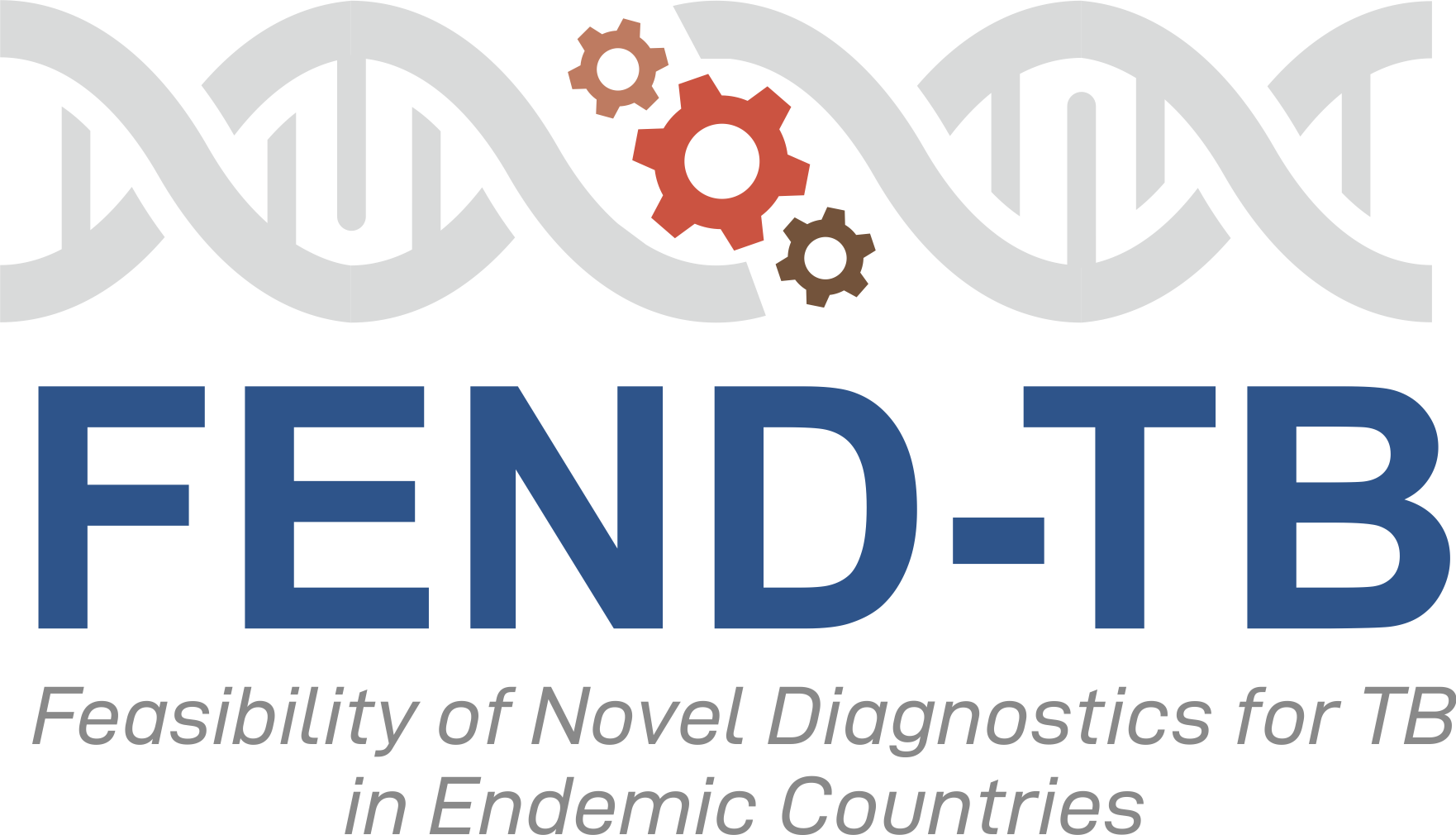Drug Resistant Protocol

Drug-resistant tuberculosis, particularly multi-drug resistant/rifampin-resistant TB (MDR/RR-TB) remains a public health threat making up 3.3% of new TB cases and 17.7% of previously treated cases. The World Health Organization (WHO) has highlighted the development of expanded, rapid molecular drug susceptibility tests as a key priority to tackle drug-resistant TB (DR-TB) and to replace biohazardous, lengthy, and often inaccessible culture-based drug susceptibility testing (DST) methods. Recent and anticipated changes in TB treatment approaches for drug-sensitive and drug-resistant TB, aimed to reduce length of therapy, pill burden, and toxicity, as well as growing knowledge around molecular mechanisms of resistance, have set the stage and highlighted the need for new rapid drug susceptibility technologies.

Of highest priority are rapid tests of low to moderate complexity that detect resistance to isoniazid, rifampin, and fluoroquinolones, as well as low to high complexity rapid tests that can detect resistance to drugs conferred by alterations in more expansive bacterial gene regions (e.g. pyrazinamide). Advances in biology and technology have facilitated the development of novel in vitro assays. However, rigorous evaluations using specimens from individuals in intended settings of use are needed to identify and prioritize the best-performing tests and inform their iterative development.
The FEND DR-TB program enrolls adults with rifampin-resistant tuberculosis, noninvasively obtains relevant clinical specimens, and meticulously tests those specimens using conventional WHO-endorsed tuberculosis diagnostics and investigational tuberculosis diagnostic assays to classify each participant with regard to tuberculosis drug susceptibility status.
The FEND DR-TB program enrolls participants from 2 in-country sites in Moldova and Vietnam.

Yingda Xie
MD

Adam Penn-Nicholson
PhD
IPP Chisinau
NLH
Nolungile
FEND-TB Drug Resistance Protocol Enrollment By Country
N = 512

Updated September 2024



